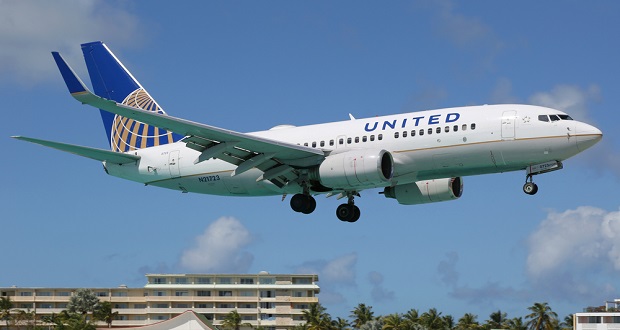
(Boarding2Now/Deposit Photos)
United Airlines will pay $305,000 to a Buddhist pilot and provide other relief to settle a religious discrimination lawsuit filed by the Equal Employment Opportunity Commission (EEOC), the agency announced.
According to the EEOC’s suit, the pilot was diagnosed with alcohol dependency and lost the medical certificate issued by the Federal Aviation Administration (FAA). One of the requirements of United’s HIMS program for its pilots with substance abuse problems who want to obtain new medical certificates from the FAA is that pilots regularly attend Alcoholics Anonymous (AA).
The pilot, who is Buddhist, objected to the religious content of AA and sought to substitute regular attendance at a Buddhism-based peer support group. United refused to accommodate his religious objection and, as a result, the pilot was unable to obtain a new FAA medical certificate permitting him to fly again, the agency charged.
This alleged conduct violates Title VII of the Civil Rights Act of 1964, which prohibits discrimination based on religion. Under Title VII, employers must make a reasonable accommodation for an employee’s sincerely held religious beliefs, as long as doing so does not impose an undue hardship on the employer’s business.
The EEOC filed suit in U.S. District Court for the District of New Jersey after first attempting to reach a pre-litigation settlement through its conciliation process.
Under the consent decree that resolves the lawsuit, United will pay the pilot $305,000 in back pay and damages and will reinstate him into its HIMS Program while allowing him to attend a non-12-step peer recovery program.
The company will also accept religious accommodation requests in its HIMS Program going forward, institute a new policy on religious accommodations, and train its employees.
“Employers have the affirmative obligation to modify their policies to accommodate employees’ religious beliefs,” said EEOC New York Regional Attorney Jeffrey Burstein. “If they require their employees to attend AA as part of a rehabilitation program, they must make sure that they allow for alternatives for their employees who have religious objections to AA.”
The EEOC’s New York District Office is responsible for processing discrimination charges and the conduct of agency litigation in New York, northern New Jersey, Connecticut, Massachusetts, Rhode Island, Vermont, New Hampshire and Maine.
 New England Biz Law Update
New England Biz Law Update
